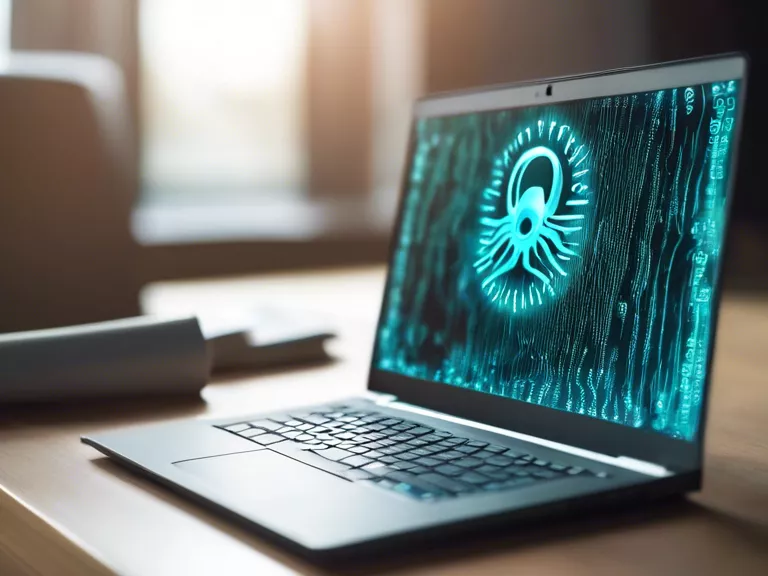
Essential Tips for Protecting Your Laptop from Viruses for Beginners
In today's digital age, protecting your laptop from viruses is essential to ensure the security of your personal information and the smooth operation of your device. For beginners who may not be familiar with cybersecurity practices, here are some essential tips to help you keep your laptop safe from malicious threats:
Install Antivirus Software: One of the most important steps in protecting your laptop is to install reliable antivirus software. This software will help detect and remove viruses, malware, and other malicious programs that can harm your device.
Enable Firewall Protection: A firewall acts as a barrier between your laptop and potential threats from the internet. Make sure to enable your laptop's built-in firewall or install a third-party firewall application for added protection.
Keep Software Updated: Regularly updating your operating system and software applications is crucial in preventing security vulnerabilities that hackers can exploit to infect your laptop with viruses. Set your laptop to automatically install updates to stay protected.
Exercise Caution Online: Be cautious when downloading files or clicking on links from unknown sources. Avoid visiting suspicious websites and refrain from opening email attachments from senders you don't recognize to reduce the risk of downloading malware.
Backup Your Data: In the event that your laptop does get infected with a virus, having regular backups of your important files will help you recover your data without losing valuable information. Use an external hard drive or cloud storage for backing up your data.
By following these essential tips, beginners can take proactive measures to protect their laptops from viruses and maintain a secure computing environment.



